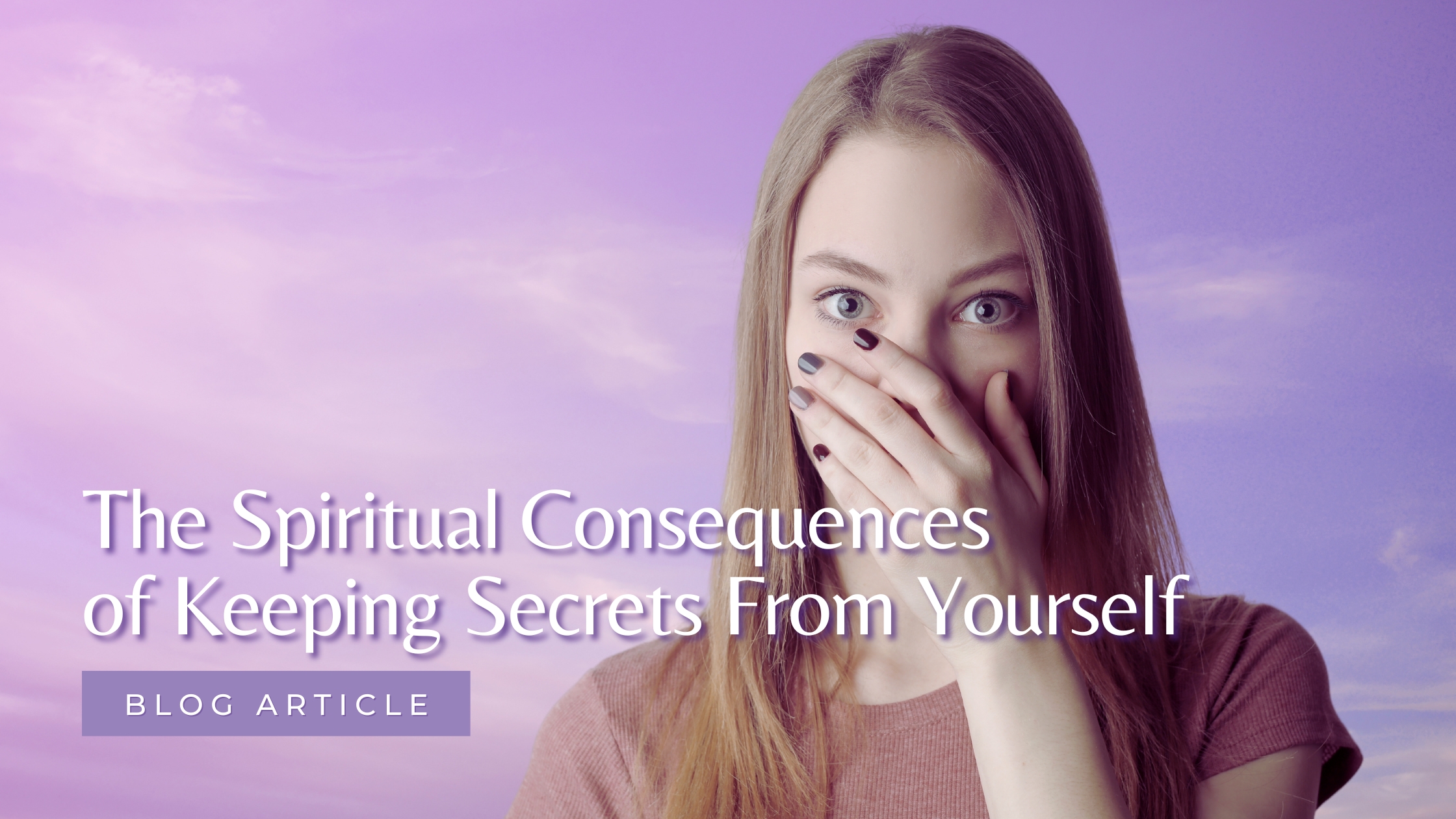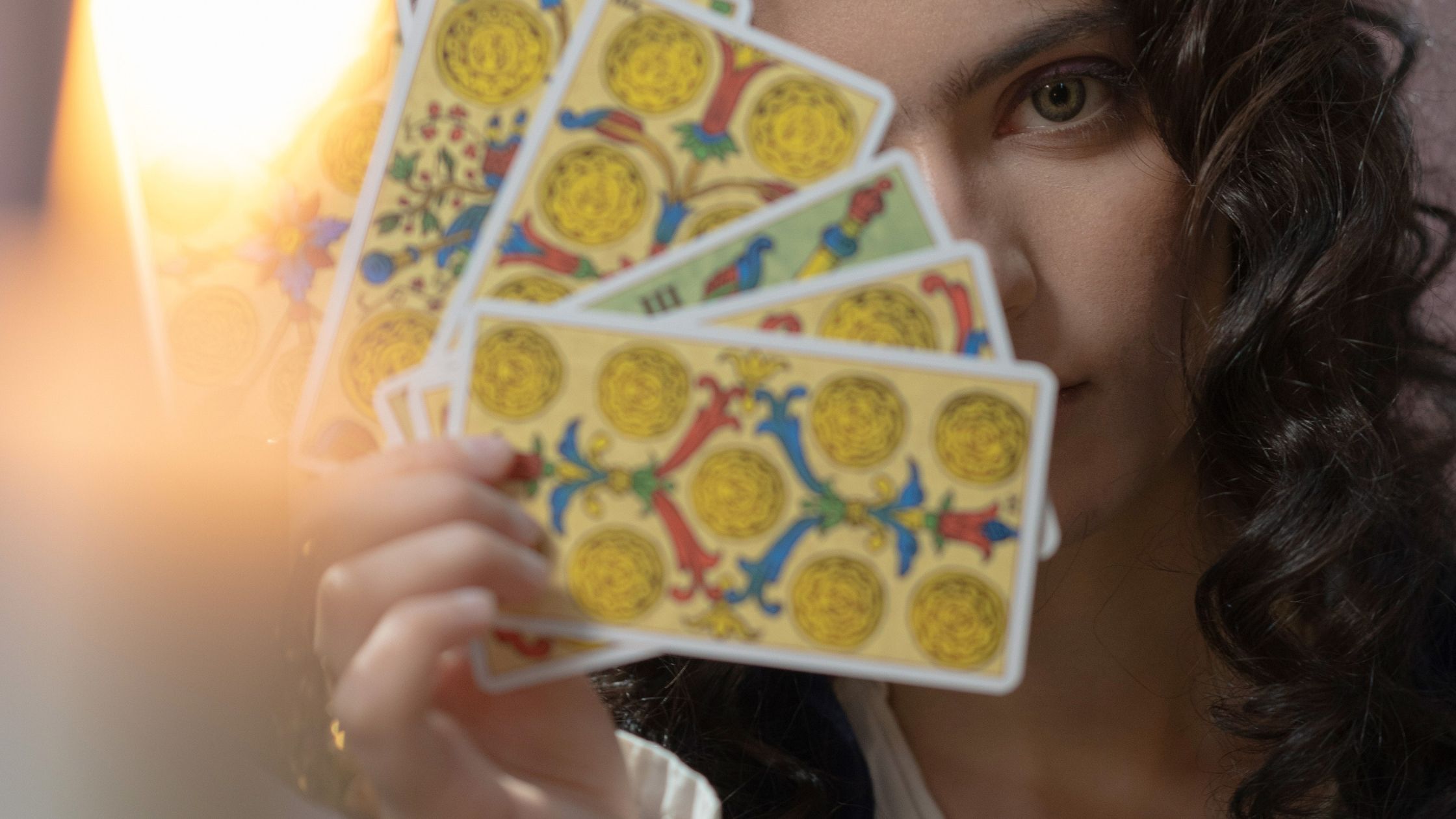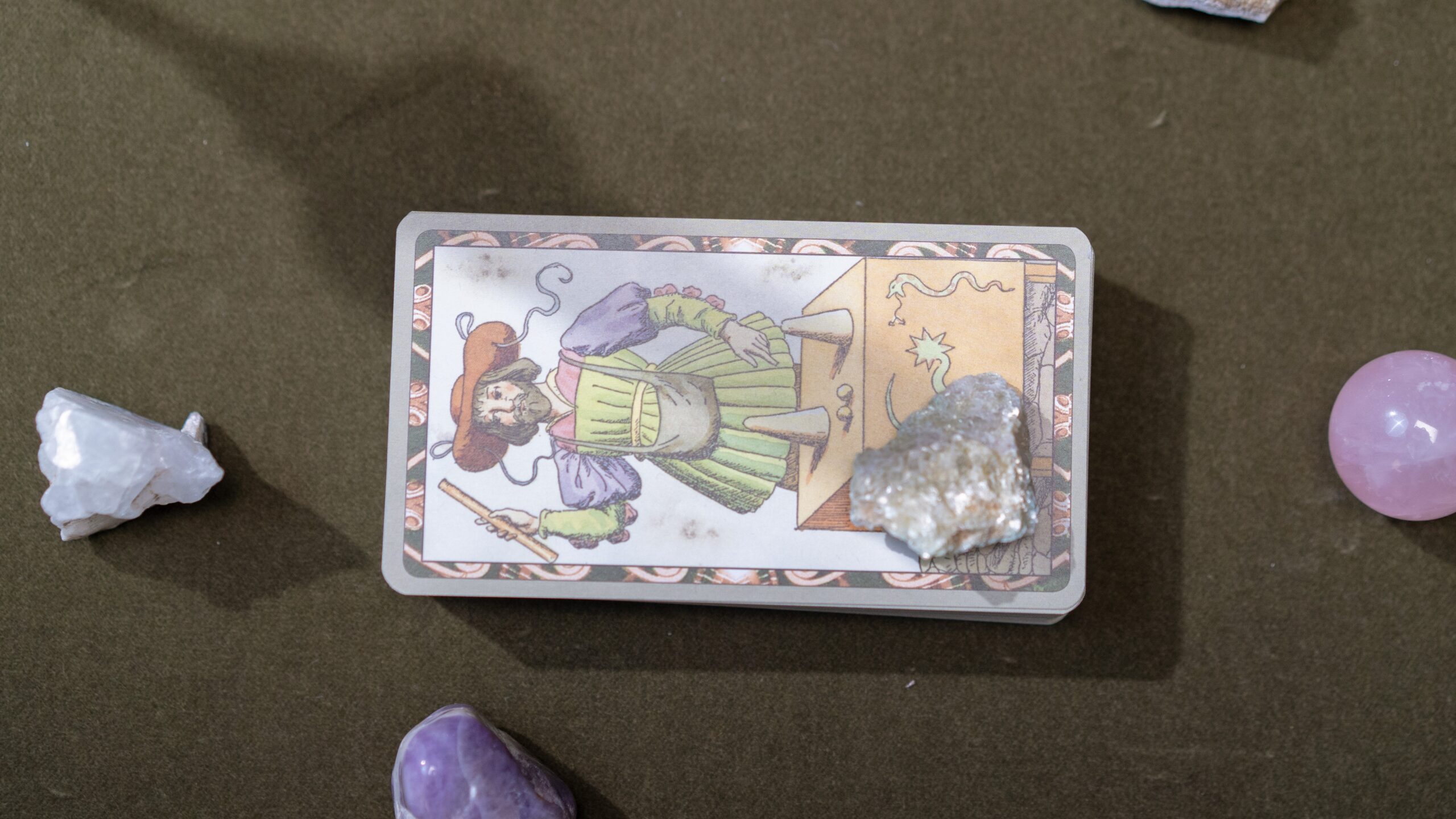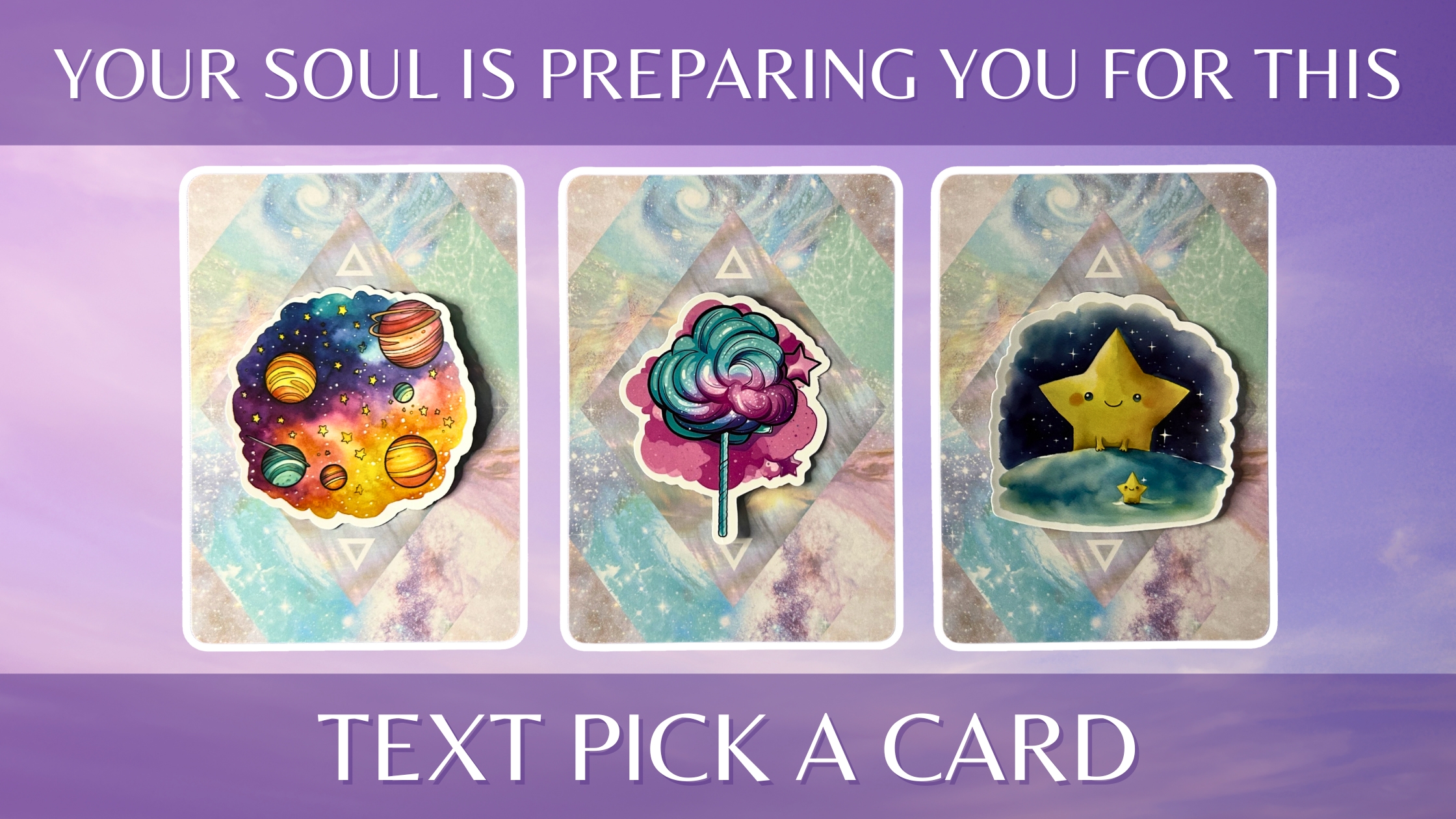You Don’t Need to Believe in God to Be Spiritual
You may be uneasy about the idea of spirituality without God. But this is a common belief that many spiritual people have and there are good reasons to approach belief that way.
There’s more to this idea than atheism with crystals and tarot though, so let’s get into it.
What “God” Usually Means
The idea of God, essentially, is that there is this creator being or divine beings that have a lot of power over you.
And when somebody asks whether you have to believe in one of these beings in order to be spiritual, they’re asking if you’re able to believe in the supernatural without believing you have an obligation to a higher power.
And the simple answer is no, you don’t have to believe in the idea of God if you don’t want to.
There are many examples of religions all over the world, traditional and modern, where people interact with spiritual beings, but they don’t necessarily have this master/servant relationship with those spiritual beings.
So you wouldn’t really call them God even though we’re used to describing it that way in the West. But they are spiritual beings with superhuman power. For example, the Japanese word kami doesn’t translate as cleanly to God as the dictionary would have you believe.
Many Japanese believe in kami but still consider themselves atheists. That’s because they see the word God not as equal to kami but as a descriptor of the monotheistic God in the West.
You may have this same belief too without realizing it.
If you really do want to be spiritual, you don’t have to be a believer who follows and obeys a “God.” It’s normal not to.
Gods Without Servants
Of course, one thing that you should know is that there could be literal God or gods and you don’t have to have a master/servant relationship with them.
This is one of the reasons why polytheism exists. People believe that you have options with gods, or a God can exist, but you don’t have a direct servant relationship with them.
You can interact with the gods as you please, or you can just go about your life without interacting with spiritual beings at all.
And this really has to do with the nature-oriented relationship people used to have before monotheism. Remember that the monotheistic Abrahamic religions have a God that exists outside space and time whereas most religions have gods within space and time. They’re closer to the idea of nature for that reason.
That said, a lot of people these days are spiritual but not religious, and they don’t believe in a God figure who is a person, but rather a spiritual force. This is why you often hear people describe what sounds like God as the “universe,” “spirit,” or “source.
It may not feel like believing in God to many of these people because personhood isn’t an inherent description of what they believe. And that’s normally what people think of in the West when the term “God” is used.
Other people don’t see “God” as above them, but equal to them.
They really have more of a partnership, an optional partnership, and that honestly is the essence of spirituality these days. This belief is more about associating with local spirits, ancestors, and gods who have a job more than an all-encompassing reign over the universe.
All of these beliefs are valid and a different approach to the traditional concept of worshipping God.
Spirituality Without God
Now, when it comes to actually integrating a spirituality without any God force in your life, you have a lot of options.
One thing you can do is view the world as enchanted. This is where you see the world as magical, but not necessarily as hierarchical. Most of humanity had this before the industrial era.
Maybe there are beings that have really big powers. For example, a spirit in a rock may not seem as powerful as the thunder or the sky or the planets. But that doesn’t mean that they don’t have value and that you can’t interact with them to your preference.
You might just prefer that rock to Zeus or the “universe.” Consider spirituality less as obedience to a spiritual power and more like a personal relationship with the enchanted world. And the enchanted world may include spirits of place, spirit guides, ancestors, and so on.
While offerings are usually associated with gods, people do light candles, leave food or drink, or other small gifts to a variety of spiritual beings. This may not be in obedience, but in friendship or exchange.
Some spiritual paths focus on less tangible offerings. These include prayers or affirmations. You attract what you wish for through petition or energetic exchange.
Finding What Feels Effective
It really comes down to what you feel is personally true and effective. Or preference. I don’t like mess, so you won’t see me creating an altar with leaves and candle wax everywhere. But some people like that.
Reflect the power you see that spiritual being have in your relationship with them. A love goddess like Aphrodite, even if you aren’t doing it to obey her but to exchange with her, might warrant a bigger gift than the spirit guide you talk to frequently about your love life.
And again, some spiritual people who don’t interact with spiritual beings at all might just do a spell without theistic elements, ask their ancestors, their higher self, or the universe for help. Some might just want to attract love through regulating their energy with affirmations.
There are just so many options.
One Last Thing
What I really want you to take away from this knowledge today is to ask yourself:
What do you feel comfortable doing? What do you feel comfortable with in your relationship with God, the universe, or spiritual beings?
That will be what drives your spiritual practice.
Did this article resonate with you? Let me know by leaving a 🌙 emoji or saying “crescent moon” in the comments. You can also leave a tip on Ko-fi to help support me or book a private tarot reading with me on Etsy.






